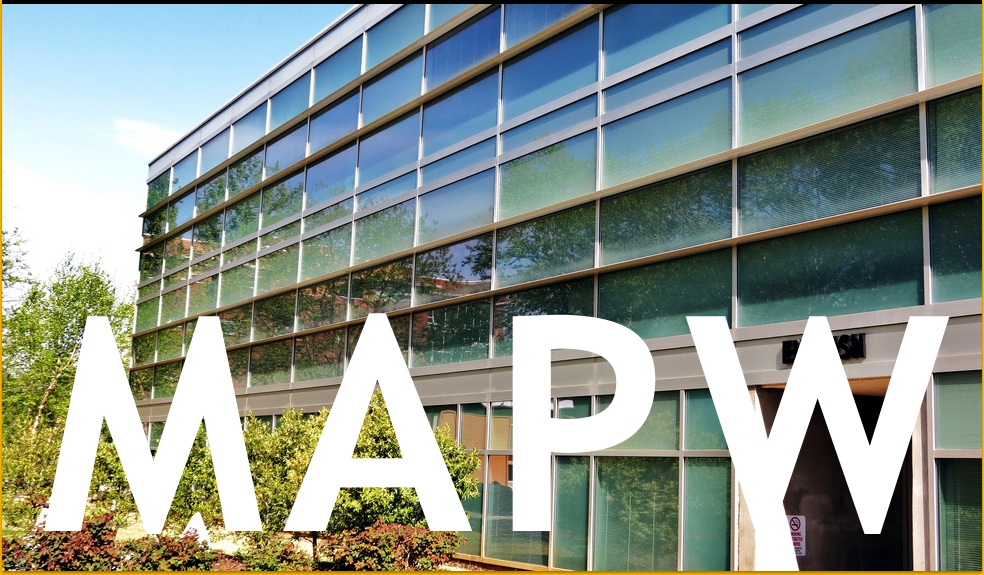Date of Award
Fall 12-17-2019
Degree Type
Capstone
Degree Name
Master of Arts in Professional Writing (MAPW)
Department
English
Committee Chair/First Advisor
Dr. Sergio Figueiredo
Co-Chair
Dr. Erin Bahl
Abstract
The goal of this study was to examine the effect that readability and plain language had on voters' responses to Georgia's five legislatively-referred constitutional amendments (LRCA) in the November 2018 election. This study sought to answer the following questions regarding ballot readability and plain language:
- Do voters distinguish the difference between traditionally composed ballots and plain language ballots?
- Do voters have a preference between conventional worded ballots and reworded ballot language that improved readability?
Given that partisan lawyers and lobbyists write many state ballot questions, there may be tendencies to compose legislatively-referred constitutional amendments in confusing and unclear language designed to increase the likelihood of passage. Simplification of the language, wording, and clarity of legislatively-referred constitutional amendments may have the opposite effect of facilitating a "no" vote on these amendments.


